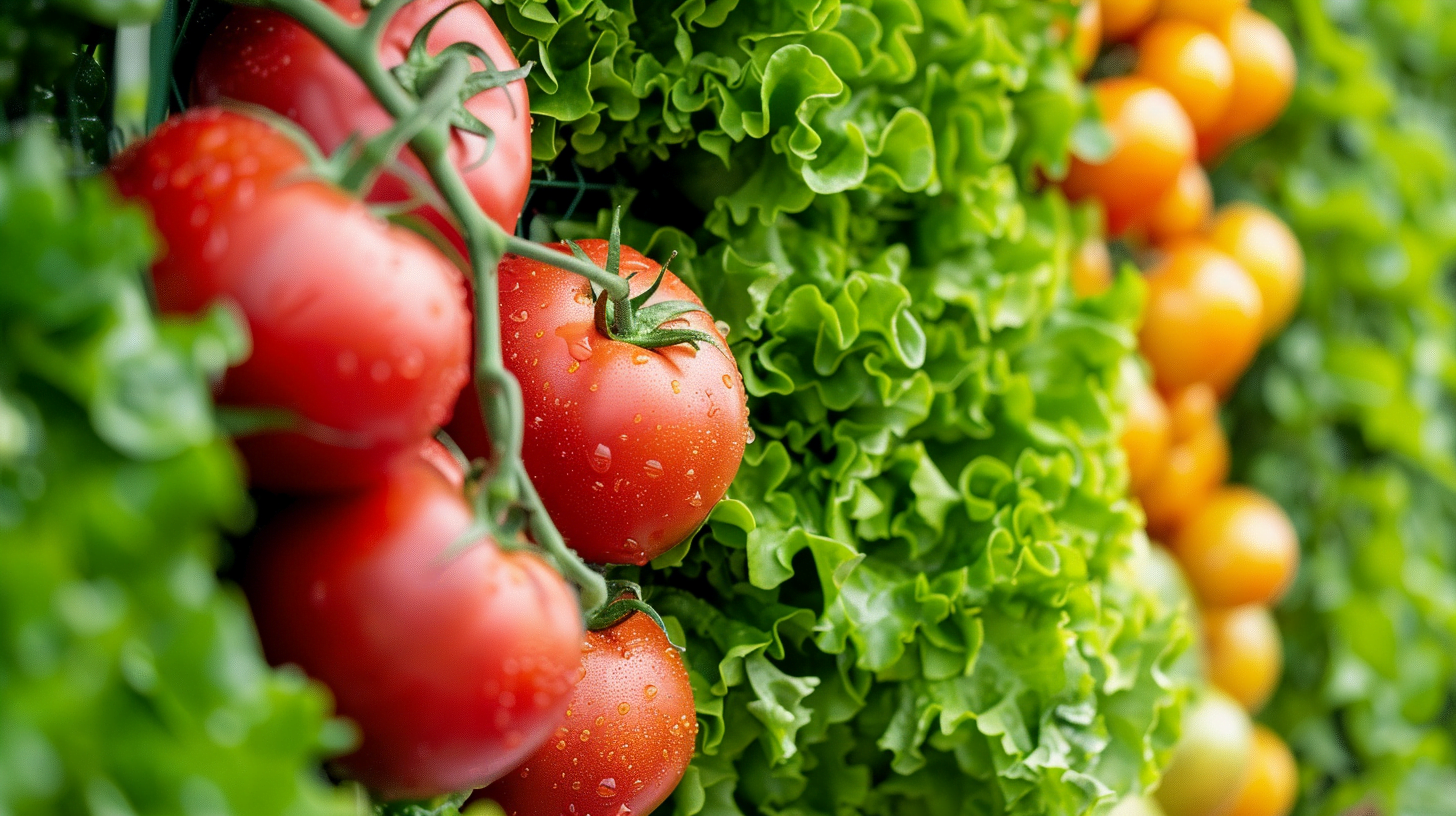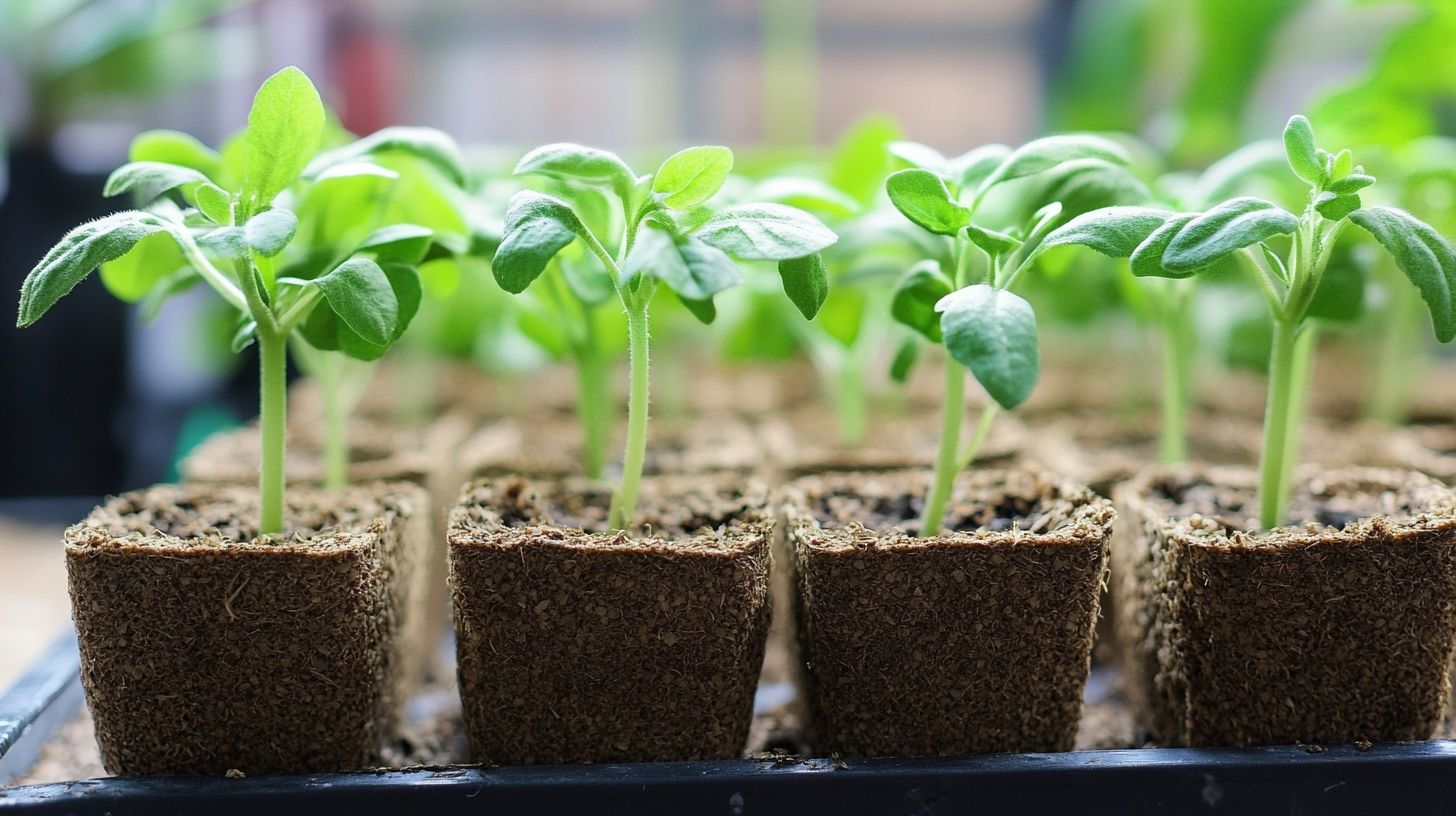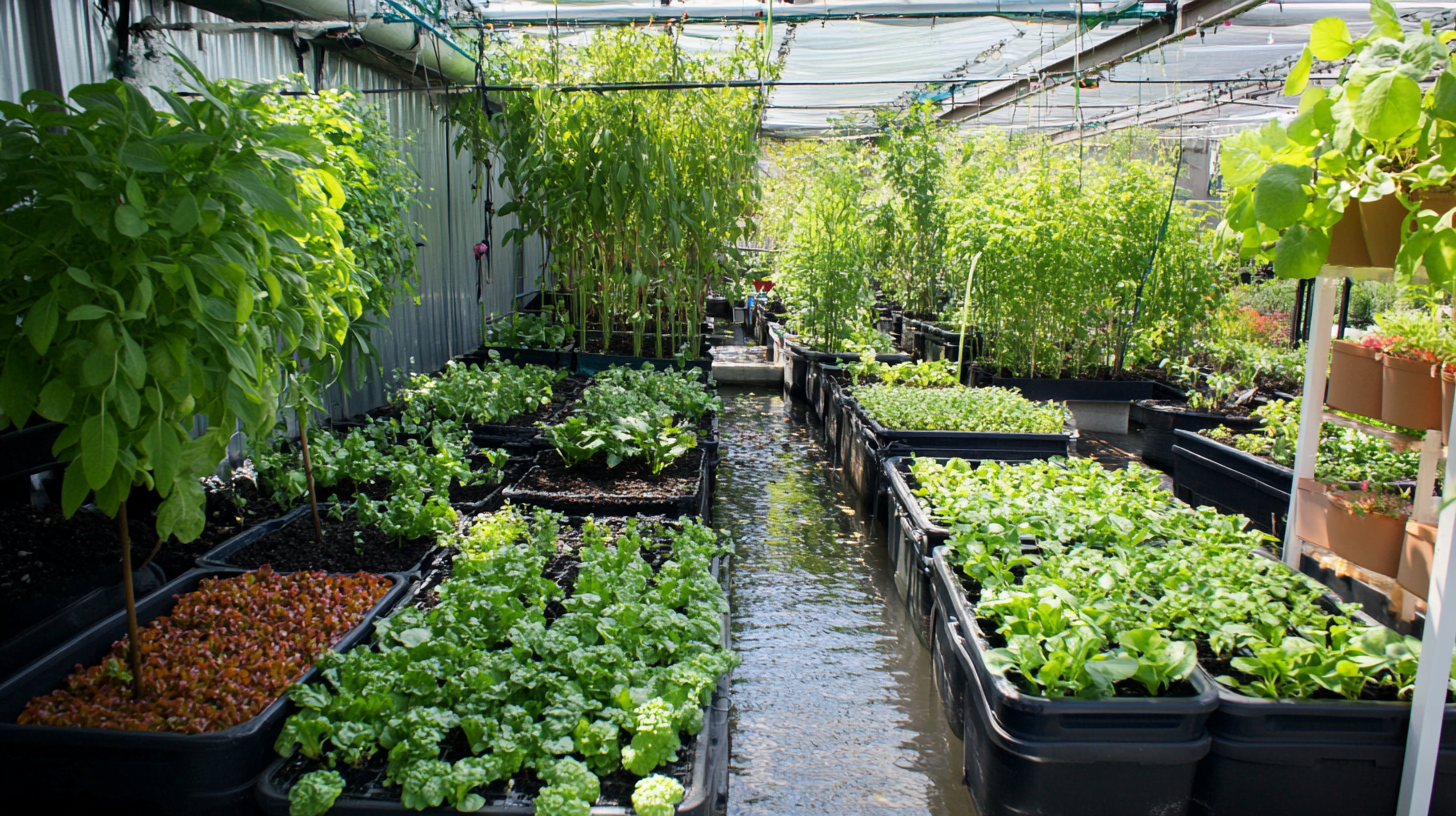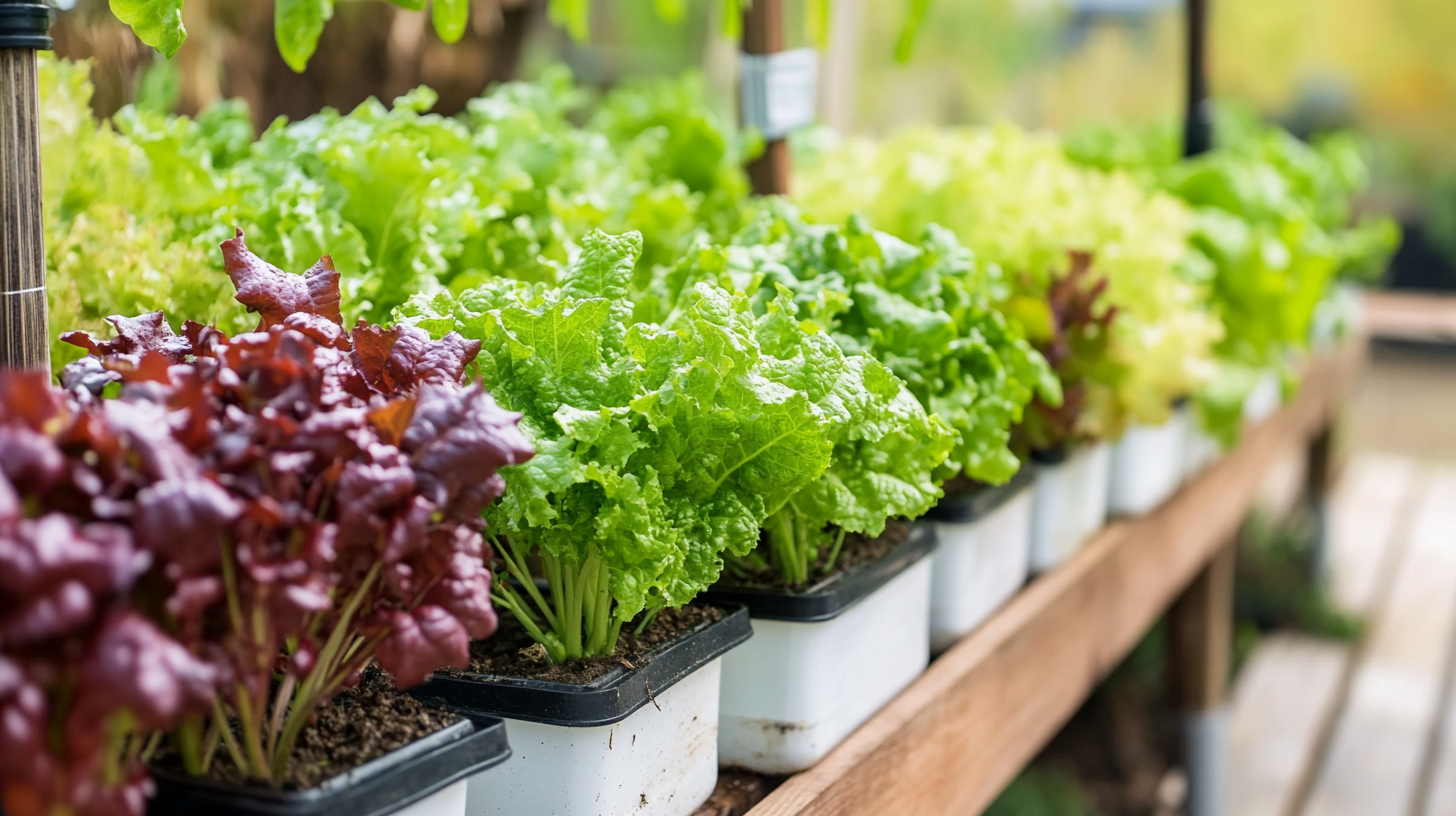When it comes to growing vegetables at home, two methods stand out: hydroponic gardening and organic gardening. But which technique results in faster, higher yielding, and healthier vegetable crops? This comprehensive guide examines the core differences between hydroponic and organic vegetable production to help you determine which approach may be better for your needs. So Which Is Better Hydroponic Vegtables or Organic? Let´s find out!
What is Hydroponic Gardening?
Hydroponic gardening involves growing plants without soil, using mineral nutrient solutions in water. The roots are supported using aggregates like perlite, gravel, or coco coir, and the nutrient solution is delivered to the roots using one of several hydroponic systems:
- Wick system – Nutrient solution is wicked to the roots through a porous material. Simple and low cost.
- Deep water culture – Roots are fully immersed in an aerated nutrient solution. High oxygen levels promote growth.
- Ebb and flow – Nutrients flood the root system temporarily before draining away. Good for larger plants.
- Drip system – Nutrient solution is dripped onto the root zone, then excess drains away. Allows precise control.
Plants in hydroponic systems uptake nutrient-rich water directly, allowing rapid growth. Environmental factors like temperature, light, and pH can be optimized in controlled indoor settings.
Benefits of Hydroponic Vegetable Gardening
Hydroponic vegetable gardening provides these key advantages:
- Faster maturity – Hydroponically grown plants reach maturity up to 25% faster due to direct nutrient delivery.
- Higher yields – Hydroponic systems can produce up to 20% higher yields for vegetables versus soil.
- Less water usage – Hydroponics uses up to 90% less water since no irrigation is required.
- Year-round production – Crops can be grown in controlled indoor environments year-round.
- No weeding or pests – Hydroponic systems don’t suffer from weeds, and have very few pest issues.
- Precise nutrient control – Careful monitoring allows optimal nutrients to be delivered to each plant.
The combination of faster growth, higher yields, and indoor production makes hydroponics extremely productive.
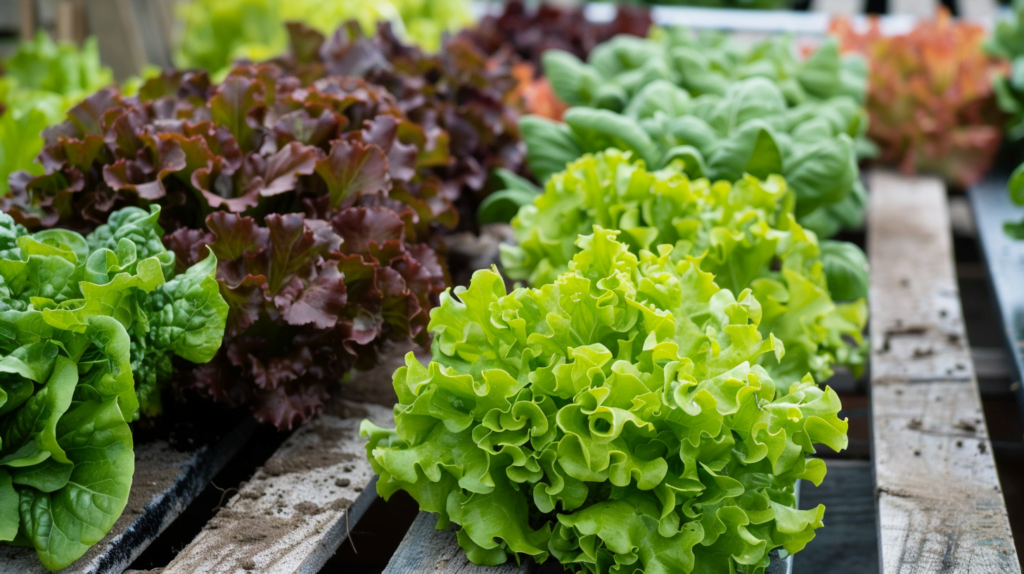
What Does Organic Gardening Mean?
Organic gardening uses only natural methods for growing plants without synthetic chemicals or genetically modified organisms (GMOs). Techniques used in organic gardening include:
- Composting – Compost adds nutrients and improves soil health over time.
- Crop rotation – Rotating crops improves soil fertility and reduces pests/diseases.
- Beneficial insects – Ladybugs, green lacewings and other beneficial insects control pests.
- Natural pesticides – Organic pesticides approved for organic farming can be applied if needed.
To be certified organic, produce must be grown without synthetic pesticides or fertilizers for at least 3 years. Organic farming promotes biodiversity and healthy ecosystems.
Benefits of Organic Vegetable Gardening
Some of the touted benefits of organic vegetable gardening include:
- No synthetic pesticides – Organic produce has lower levels of pesticide residues.
- Soil health – Organic methods enhance microbial life, nutrients, and structure of soil.
- Perceived health benefits – Some studies show slightly higher vitamin and antioxidant levels in organic produce.
- Environmental benefits – Organic farming practices conserve water, maintain biodiversity, and reduce pollution.
- Local systems – Buying organic supports local food systems and farmers.
However, some studies question if organic produce has substantially different vitamin and nutrient levels from conventional produce.
Hydroponics vs. Organics – Growth Rate, Yields, and Costs
When comparing hydroponics against organic gardening, there are clear differences in growth rate, crop yields, and operating costs:
- Growth rate – Hydroponic vegetables mature around 25% faster than the same vegetables grown organically.
- Yields – Hydroponic systems produce around 20% higher yields for vegetables versus organic soil farming.
- Startup costs – Hydroponics systems require more equipment and have higher startup costs than organic gardening.
- Operating costs – But hydroponics can save on water, labor, land, and waste costs long-term due to higher yields.
Quick maturity and increased production provide compelling economic benefits from commercial hydroponic vegetable production.
Taste and Nutritional Value – How Do They Compare?
Taste
- Most taste test studies find hydroponically grown produce tastes similar or better than organic produce. The consistent nutrient levels in hydroponics may positively influence taste.
Nutritional value
- Research on nutritional differences is limited and results are mixed. Some studies show hydroponic produce has lower levels of certain phytonutrients while others find no substantial difference from organic produce.
- Faster growth cycles in hydroponics may reduce production of certain phytochemicals produced by plants under stress.
- But hydroponic growing conditions like optimized light and CO2 can enhance production of antioxidants, vitamins and minerals.
Overall the impact of growing method on nutrition seems minor, with factors like variety, freshness, and handling playing a larger role.
Environmental Impact and Sustainability
Hydroponics offers some sustainability advantages over conventional agriculture:
- Closed hydroponic systems recycle water and nutrients, using 90% less water than soil farming.
- Indoor systems allow food production in urban areas on non-arable land.
- No chemical fertilizers or pesticides are required since nutrients are precisely controlled.
- Lower transportation emissions since food can be grown locally in any climate.
However, organic farming has some of its own environmental benefits:
- Builds healthy soil by increasing organic matter and microbial life.
- Sequesters carbon in the soil, reducing greenhouse gases.
- Promotes biodiversity by growing multiple crops together.
- Sustainable practices like cover cropping and composting.
Overall, hydroponics reduces land and water usage for equivalent vegetable yields. But organic methods help nurture farmland for long-term sustainability.
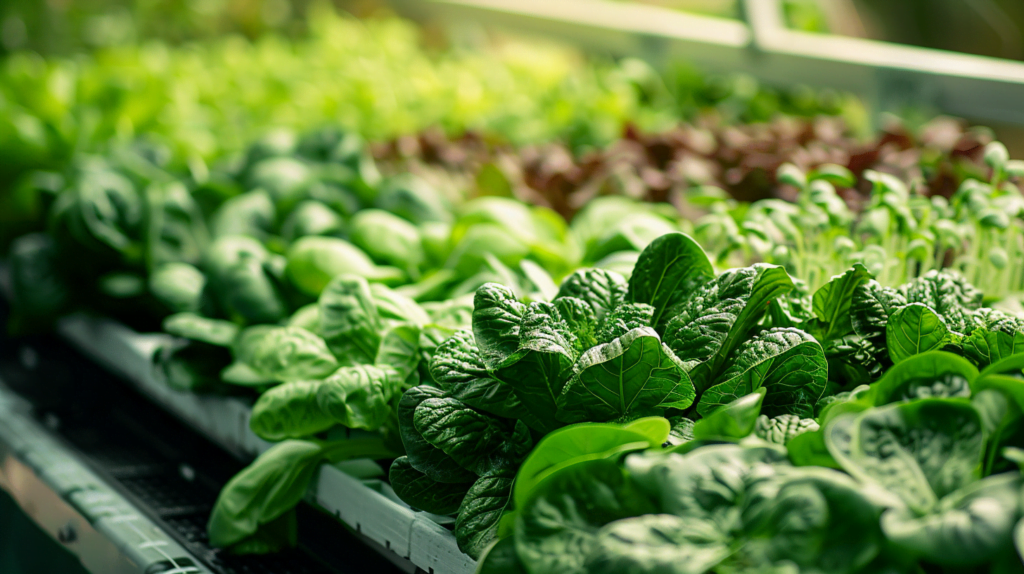
The Verdict – Which Method of Vegetable Gardening Wins Out?
For the home gardener interested in maximizing vegetable yields in a limited space, hydroponic growing offers clear advantages:
- Faster maturity, higher density production, and the ability to grow year-round in a small area.
- Fine-tuned control over nutrients and growing conditions for optimal plant health.
- Reduced issues with pests, weeds, and plant diseases.
However, organic gardening remains a rewarding method for home gardeners who prefer natural farming practices. And flavor and nutrition differences, if any, seem minimal between hydroponic and organic vegetables.
Those considering larger-scale commercial vegetable production will likely achieve greater productivity and revenues through a well-run hydroponic operation.
Getting Started With a Hydroponic or Organic Vegetable Garden
Here are some tips for beginning your own hydroponic or organic vegetable garden:
Hydroponic system guidelines
- Choose a hydroponic system scale appropriate for your space and budget. Smaller systems are more affordable to start.
- Select versatile hydroponic-friendly crops like lettuces, tomatoes, peppers, cucumbers, herbs, and greens.
- Monitor and control temperature, lighting, pH, and nutrient levels for optimal growth.
Organic gardening guidelines
- Conduct a soil test to understand soil composition and needed amendments.
- Add compost and organic matter annually to improve soil health.
- Use crop rotation, cover cropping, and natural pest control methods.
- Choose hardy, locally adapted vegetable varieties suitable for your climate.
Frequently Asked Questions
Can I grow vegetables hydroponically indoors?
Yes, with proper lighting and ventilation, hydroponic systems can produce bountiful vegetable crops year-round in indoor settings.
Do hydroponic vegetables taste as good as organic?
Most taste tests find hydroponic vegetables taste equal or better in flavor and texture versus organic produce.
Is hydroponic gardening difficult?
Hydroponic systems do require some equipment and monitoring of conditions. But basic systems can be constructed fairly easily following online guides.
Does organic produce have more nutrients?
Some studies show minor higher levels of certain phytochemicals in organic produce, while other studies find no major differences in nutrients.
Conclusion
While hydroponic systems allow home gardeners to maximize productivity in a small footprint, organic gardening provides its own satisfaction through natural farming methods. There are excellent reasons to try both approaches. With some planning and preparation, you can enjoy healthy, homegrown veggies using either technique.
The key is researching each method fully to understand how to construct and manage your hydroponic or organic garden successfully. As you gain experience, you can refine practices and experiment with new vegetable varieties to find an approach that fits your gardening style and tastes.
